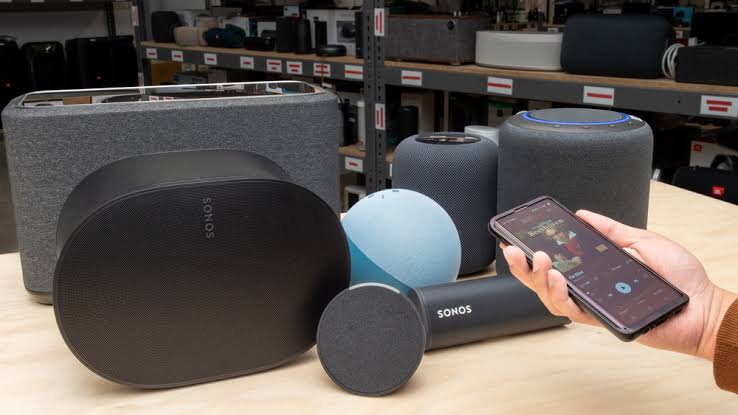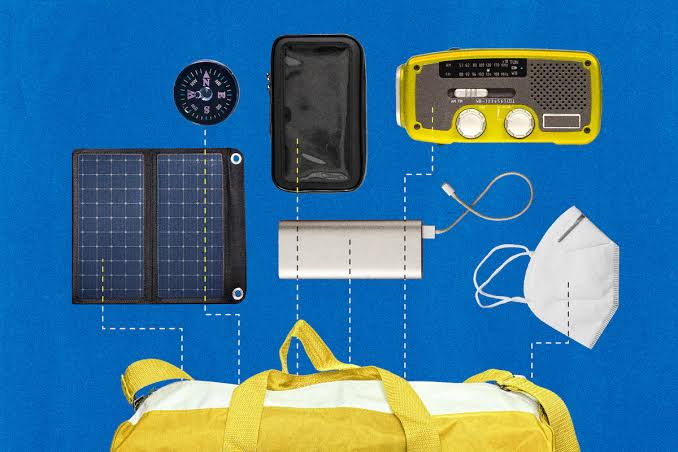Smart speakers have become a central part of modern homes, transforming how people interact with technology on a daily basis. By combining voice recognition, artificial intelligence, and internet connectivity, these devices serve as virtual assistants capable of performing a wide range of tasks. As of 2025, smart speakers are no longer just for playing music; they have evolved into hubs for home automation, communication, and entertainment.
With popular devices such as Amazon Echo, Google Nest, and Apple HomePod leading the market, smart speakers are designed to enhance convenience, improve efficiency, and create more connected living environments. Their integration with smart home systems has made them indispensable for households looking to embrace the future of digital living.
Voice-Activated Convenience
One of the primary roles of smart speakers is their ability to perform tasks through voice commands. Users can simply ask their virtual assistant to play music, check the weather, set reminders, or answer questions. This hands-free functionality is particularly useful in situations where multitasking is required, such as cooking or managing household chores.
Advanced voice recognition systems also allow smart speakers to recognize multiple users within a household. Personalized responses and user-specific preferences create a seamless and customized experience for every family member.
Control of Smart Home Devices
Smart speakers serve as the control center for smart home ecosystems. Through integration with devices like smart lights, thermostats, security cameras, and door locks, they allow users to manage their home environment with simple voice commands. For example, you can adjust the temperature, turn off lights, or lock doors without touching a single switch.
These integrations have expanded with the introduction of Matter, a universal smart home standard that improves compatibility between different brands. This ensures that smart speakers can connect to a wider range of devices, making them more versatile and future-proof.
Entertainment Hub
Smart speakers also double as powerful entertainment hubs. They can stream music from popular platforms like Spotify, Apple Music, and YouTube Music, or play audiobooks and podcasts with crystal-clear sound. Some models are equipped with premium audio systems that rival traditional speakers, providing a rich and immersive listening experience.
Integration with smart TVs and streaming services allows users to control video playback, switch channels, or search for content using just their voice. This makes the overall entertainment experience more intuitive and accessible.
Home Communication and Connectivity
Modern smart speakers offer advanced communication features such as voice calling, video conferencing (on models with screens), and intercom functions for communicating between rooms. These features are particularly beneficial for large households or remote workers who rely on seamless connectivity.
Some smart speakers also allow for broadcasting announcements or sending quick voice messages to connected devices, making them a useful tool for coordinating activities within the home.
Enhanced Security Features
Security is another area where smart speakers play a crucial role. When connected to smart security cameras or alarms, they can notify homeowners of unusual activity or even simulate presence by turning lights on and off when no one is home. Voice alerts can also provide real-time updates about security breaches or emergencies.
Additionally, integration with emergency services allows users to quickly call for help in critical situations using only voice commands.
AI Integration and Smart Routines
AI-driven capabilities have made smart speakers more intelligent and responsive to user needs. Smart routines allow users to automate daily tasks with a single command. For example, saying “Good morning” can trigger a routine that turns on the lights, reads the news, and starts brewing coffee.
With machine learning, smart speakers continuously adapt to user habits, offering proactive suggestions and improving overall efficiency in managing household tasks.
Conclusion
Smart speakers have grown far beyond their initial role as voice-controlled music players. They are now essential tools for managing smart homes, enhancing entertainment, improving communication, and increasing security. With their seamless AI integration and expanding compatibility, smart speakers are shaping the future of connected living.




xfdq5c